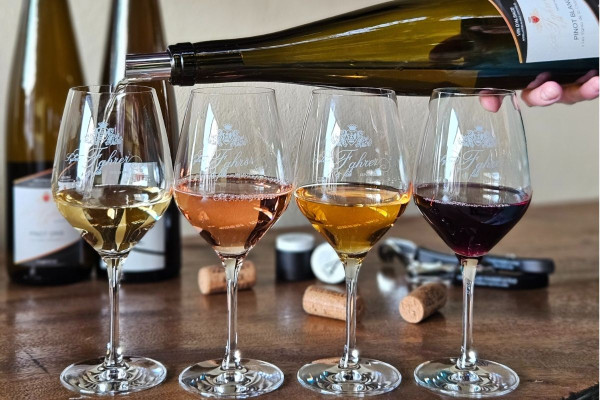
Wine tasting is an art that can significantly enhance your appreciation of wine when approached with the right strategies. Whether you are an enthusiast attending wine events, visiting wine restaurants, or looking to elevate your at-home experience, applying game-changing strategies will transform how you perceive and enjoy wine. Below are seven strategies that will help you master the art of wine tasting and improve your overall results.
1. Focus on the Five S’s of Wine Tasting
The foundation of any successful wine tasting experience starts with understanding the five essential steps: See, Swirl, Sniff, Sip, and Savour. These are crucial for breaking down the characteristics of each wine. First, look at the colour and clarity, which provide hints about the age and variety of the wine. Swirling releases the aromas, and sniffing helps identify the scent profile.
2. Experiment with Wine Pairings at Restaurants
Visiting wine restaurants offers an excellent opportunity to experiment with different wine pairings. Wine and food can either complement or contrast with each other, enhancing the overall experience. When dining at wine-focused establishments, take advantage of curated wine lists that are specifically designed to pair with the menu. Whether it’s a delicate white wine paired with seafood or a full-bodied red with steak, exploring these combinations can elevate the dish and the wine.
3. Take Notes and Compare Tastings
As you progress in your wine journey, keeping notes is a game-changer. Document the wines you taste, including the producer, year, region, and your observations about the aroma, taste, and finish. Many wine experts recommend using a simple wine journal or a dedicated app for this purpose. Comparing past tastings will allow you to track your preferences and notice subtle nuances across wines, leading to a better understanding of what you enjoy and why.
4. Train Your Palate by Sampling Varied Wines
Training your palate is essential for developing a well-rounded approach to wine tasting. One effective strategy is to sample wines from different regions and varieties to expose yourself to a wide array of flavours. Attending wine tasting events or taking advantage of wine promotions can help broaden your horizons. Focus on wines from diverse regions such as France, Italy, Australia, and Spain, as each brings unique characteristics to the table.

5. Practice Blind Tasting
Blind tasting is one of the most effective ways to hone your wine tasting skills. By removing preconceived notions about the wine, such as brand or price, you are forced to rely solely on your senses. This allows you to evaluate the wine objectively. Blind tasting helps sharpen your senses, enabling you to detect flavours and aromas more acutely. You can set up a blind tasting at home with friends or attend events at wine restaurants that feature this type of experience.
6. Understand the Influence of Glassware
The glass you use can greatly impact your wine tasting experience. Many people overlook this detail, but the shape and size of a glass can influence how wine’s aroma and flavours are perceived. For example, a wide-bowled glass is perfect for red wines, allowing them to breathe and release their aromas, while narrower glasses are better suited for white wines, preserving their cooler temperatures.
7. Learn from Wine Experts and Sommeliers
Gaining insights from experienced wine experts and sommeliers can fast-track your journey to mastering wine tasting. At wine restaurants, sommeliers can offer personalised recommendations and explain the reasoning behind their choices. Learning from professionals provides valuable tips that you can incorporate into your tastings. Additionally, reading books or attending workshops led by sommeliers will deepen your understanding of the intricacies of wine, from vineyard practices to the ageing process.
Conclusion
Mastering wine tasting is a rewarding journey that requires a combination of techniques and practice. By focusing on essential strategies such as the five S’s, experimenting with wine pairings, and engaging in blind tasting, you will gradually transform your wine experience. Don’t forget to refine your skills through regular tasting, learning from experts, and understanding the impact of glassware.
For more information about wine tasting and wine promotions, contact Wine Connection today.
